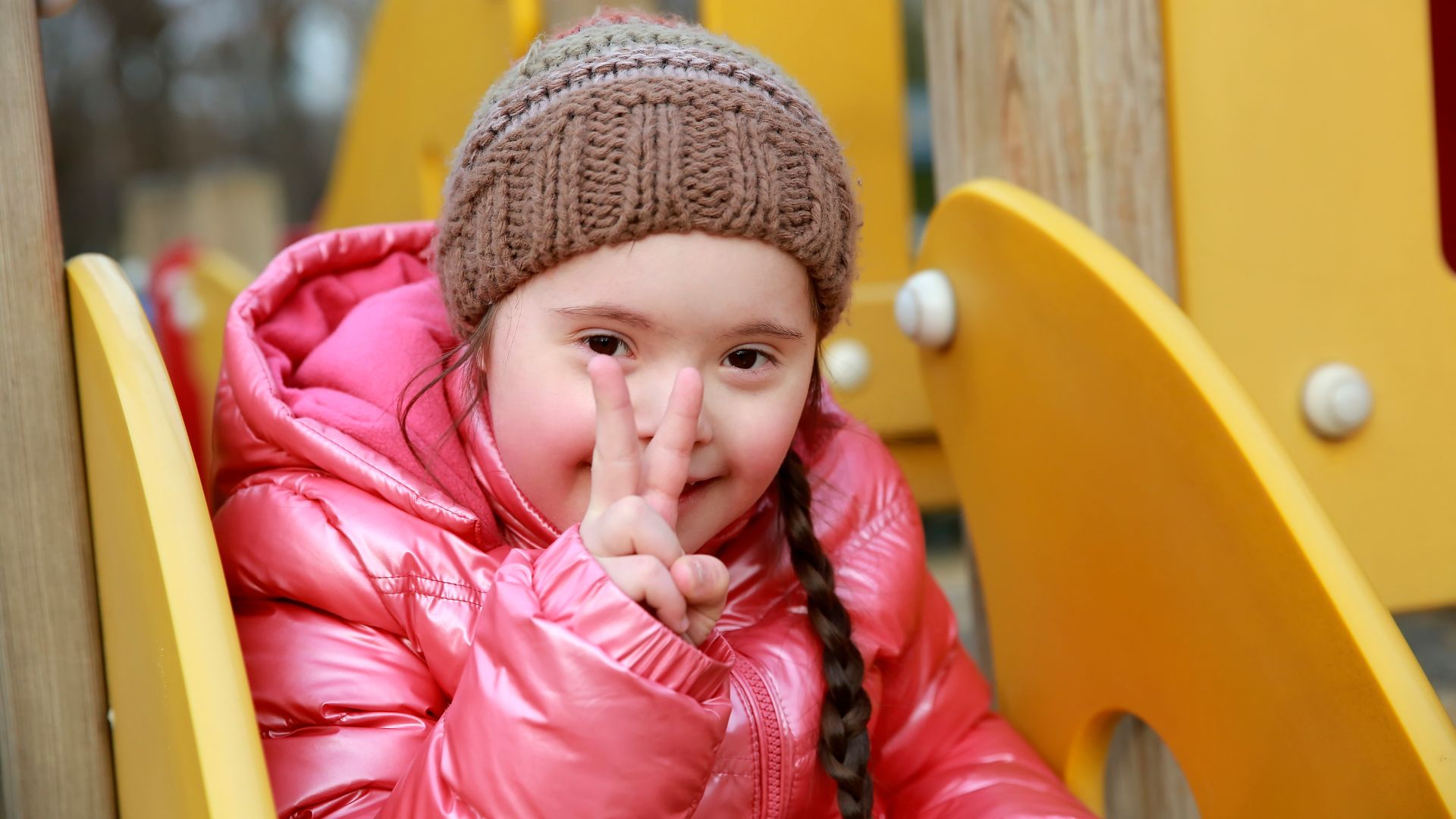The Pivotal Role of SEL at Charter Schools

It’s important for charter school leaders to not only shoulder the responsibility of fostering academic excellence but also nurturing their students’ social and emotional well-being. Social-emotional learning (SEL) has emerged as a crucial component of education, equipping students with essential life skills that transcend the boundaries of the classroom. As charter school leaders, understanding the pivotal role of SEL is paramount in creating a supportive and conducive learning environment where students can thrive holistically.
At its core, SEL encompasses a range of skills, including:
- Self-awareness
- Self-management
- Social awareness
- Relationship skills
- Responsible decision-making
These competencies lay the groundwork for students to navigate life’s challenges with resilience, empathy, and integrity. By integrating SEL into the fabric of the curriculum and school culture, charter schools can empower students to develop healthy relationships, make responsible choices, and effectively manage their emotions and behaviors.
Moreover, research has consistently shown that SEL not only enhances academic achievement but also contributes to positive outcomes in students’ mental health, behavior, and overall well-being.
When charter school leaders prioritize SEL initiatives, they create a safe and supportive learning environment where students feel valued, respected, and understood. This fosters a sense of belonging and connectedness, which is essential for academic engagement and success.
Charter school leaders can implement various strategies to prioritize SEL in their institutions. These strategies include integrating SEL into the curriculum through explicit instruction and embedding SEL principles into classroom practices and routines. Additionally, fostering a positive school climate through proactive discipline policies, student support services, and restorative practices can further enhance SEL outcomes.
Furthermore, collaboration with parents, caregivers, and community partners is essential in promoting SEL both inside and outside the school walls. By engaging stakeholders in conversations about the importance of SEL and providing resources and support, charter school leaders create a unified approach to nurturing students’ social-emotional development.
In conclusion, the role of social-emotional learning in charter schools cannot be overstated. As leaders in education, charter school leaders have a unique opportunity to prioritize SEL and cultivate a learning environment where students not only excel academically but also grow into compassionate, resilient, and socially responsible individuals. By investing in SEL initiatives, charter schools can empower students to navigate life’s complexities with confidence and compassion, preparing them for success in school and beyond.
